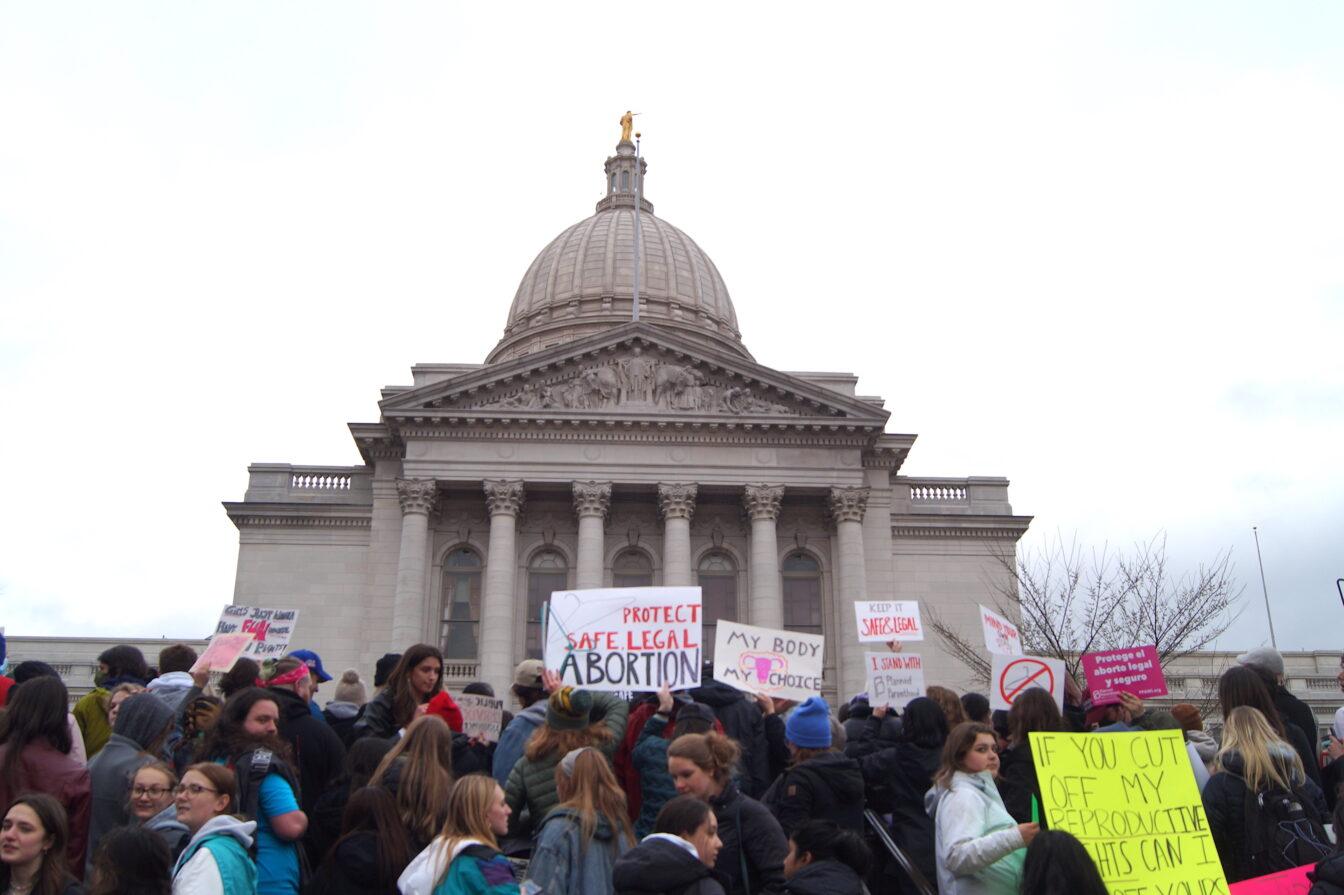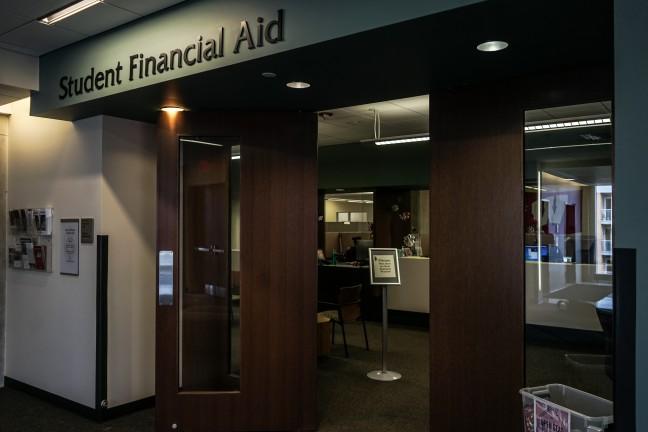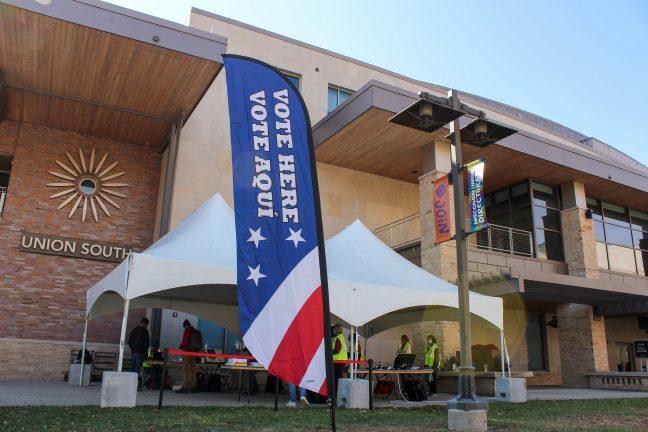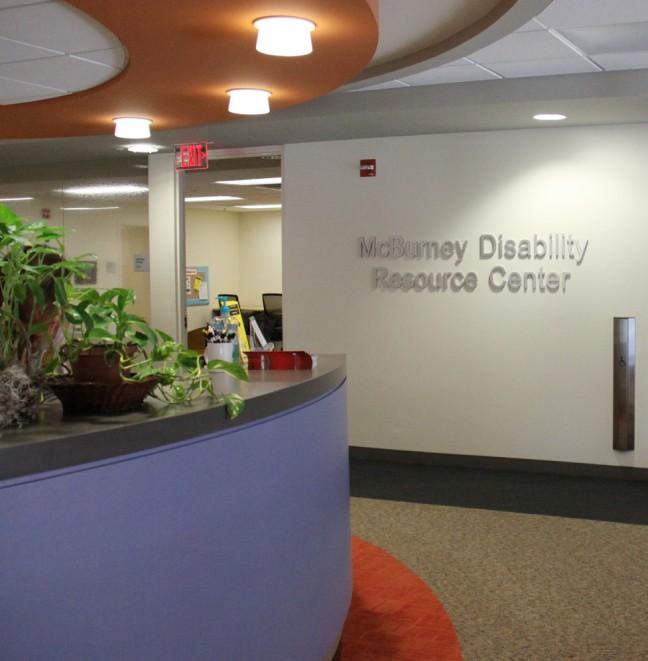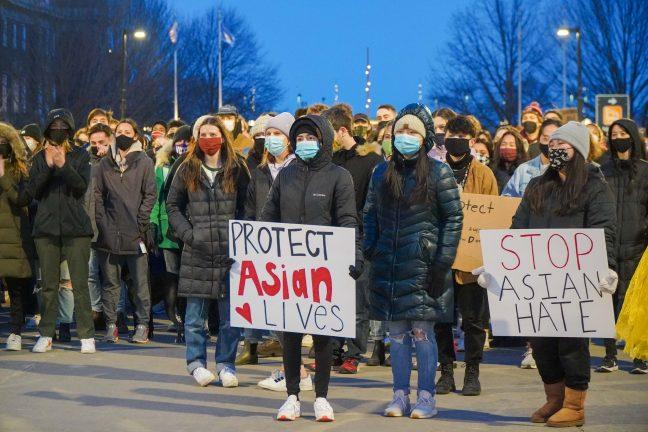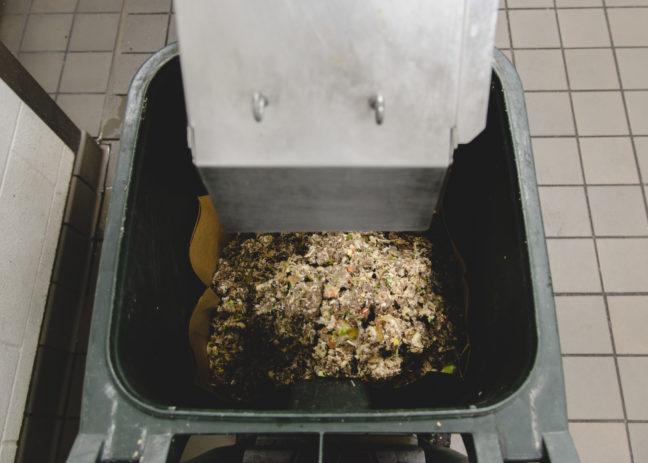What do we need to keep in mind when we are reading the opinions of the Supreme Court of the United States? Everything. If there is one thing we must understand, it’s that nothing is ever in isolation, including decisions from the courts. Behind every decision is a person, and another person, and another person and an entire country full of people that will — directly or indirectly, knowingly or unknowingly — be impacted by the words of nine people in robes.
June 24, Roe v. Wade was overturned effectively, permitting individual states to put abortion bans in place that will only be questioned on a rational basis by courts. This means that without legislation codifying the right to abortion care, archaic state laws can be enforced as long as a court determines that the state was able to show a ‘rational’ explanation for banning this necessary form of healthcare.
Courts are not free from bias and regressive political motives, which has never been more apparent in recent years than in this SCOTUS cycle — courts analyzing the ‘rational’ explanation of a state will likely bring in their own biases of why the government should have control over the reproductive rights and bodily autonomy of an individual with a uterus.
The ability of a state to deny safe access to healthcare such as abortion will have an impact on everyone. We do not navigate in different aspects of life free from outside factors, and this is something that folks who have worked in schools have likely thought about.
As someone who has worked in multiple classrooms, I know that children do not attend their classes free from what is happening in their lives outside of school. I saw and experienced firsthand that what happens in our private lives does impact our experiences in public spaces such as a classroom. Anti-abortion laws intrude into our private lives, leaving folks to enter into and navigate public spaces traumatized by the state’s control over their bodies.
In Wisconsin, an anti-abortion law almost as old as the state is once again weighing heavily in the minds of Wisconsinites, and while there have been discussions suggesting that the state will not actively enforce the abortion ban, folks across the state still have valid concerns as the law on the books criminalizes most abortions.
In an attempt to address Wisconsin’s abortion ban, Gov. Tony Evers called for the state legislature to take action. Instead, Republican lawmakers refused to repeal the abortion ban June 22, just two days before the release of Dobbs v. Jackson Women’s Health Organization.
Letter to the Editor: UW must take steps to restore composting program
Now Wisconsinites with uteri, families, loved ones and communities are existing in a state where access to necessary healthcare is up for question. Wisconsinites of color, queer and trans Wisconsinites and Wisconsinites with disabilities are set to be disproportionately harmed by the draconian anti-abortion law. And one thing on my mind as a transgender, Chicano law student and former classroom assistant, with interests in equitable education policies and student rights, is how deeply anti-abortion laws like the one we have in Wisconsin will impact our students and their families.
One recent study shows that there are “large and robust impacts of abortion access on the future economic outcomes of women, especially black women.” Not being able to access a desired abortion can lead to higher debt compared to others who were able to access an abortion, and the burden placed on individuals forced to carry a pregnancy can cause a higher chance of unemployment and poverty.
These economic impacts will not simply stop at the parent forced to carry a pregnancy to term, but the children and families of these individuals. Children will be forced to enter into a world where politicians care more about them before they take their first breath than as they walk the halls of their schools.
There might be students who are forced to carry a pregnancy to term, and students who are then less likely to continue their education and receive a degree after giving birth. Teachers and educational assistants could also be forced to carry a pregnancy to term and not be able to work. Wisconsin is already in the midst of a historic teacher shortage. The children in our classrooms might be in families that are impacted by a forced pregnancy.
Even when it was stressful, it was worth it: My goodbye to The Badger Herald
What would you do as a teacher if your student lost a parent because of a forced pregnancy? How do you console that child? Do you think that loss will not impact their time in your classroom?
Access to abortions is not just a matter of reproductive health care. It’s a matter of privacy, the right to control our own bodies, the right to support ourselves and those around us. Reproductive rights are disability rights, queer rights, trans rights and a huge part of racial justice efforts and the fight for all civil rights. The ability to access abortion care is necessary for equitable education in Wisconsin and everywhere else in this nation.
No student should have their academic journeys or chances in life impacted by outdated, harmful laws. Wisconsin children deserve to be free from the oppression that a state abortion ban would cause. We cannot claim to support equitable education if we sit silently on an issue that will disproportionately impact our students experiencing low wealth, our Black and Brown students, our students with disabilities, our queer and trans students and our students with family members or guardians that hold any of these identities.
Guy John Rosilez ([email protected]) is a J.D. candidate at the University of Wisconsin Law School and an incoming Master’s student in the Educational Leadership and Policy Analysis department at the School of Education.








